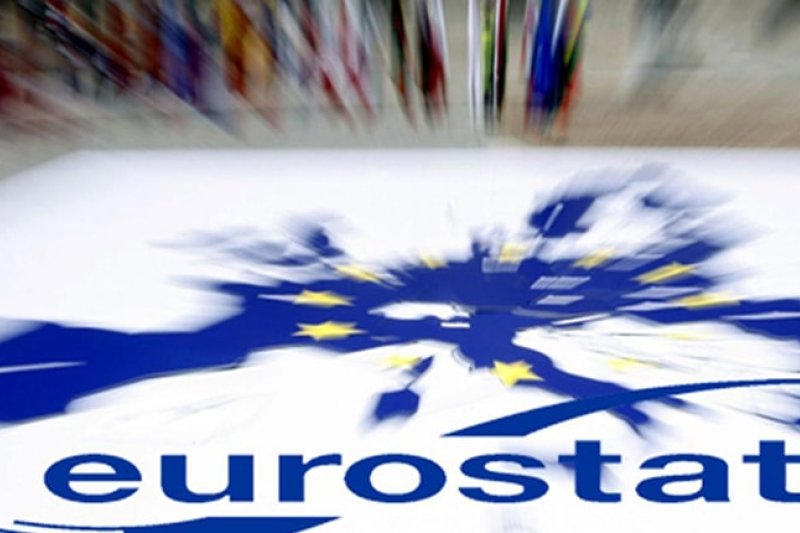Minimum Wage Remains Lowest in Europe
Also after continuous increases, the minimum wage in Albania continues to remain among the lowest in Europe in nominal value, but is still the last in terms of purchasing power, according to a recent ranking made by the European Institute of Statistics, Eurostat.
Although in the last ranking, Albania has surpassed North Macedonia, for the minimum wage in value, when it is ranked according to purchasing power, it again moves to the last place.
The graph published by Eurostat shows a relatively high difference when measured according to purchasing power standards (PPS) for the minimum wage in Albania, with Serbia, Montenegro, and North Macedonia. Eurostat compares the minimum gross wages applicable on 1 July 2024, after adjusting them for price differences between countries.
This is done using purchasing power parity (PPP) for household final consumption expenditures. As might be expected, this adjustment reduces differences between countries.
The minimum wage measured according to purchasing power parity (PPP) in Albania is the lowest in Europe and among candidate countries with 556 PPS. The highest of the candidate countries is Turkey, with 919 PPS, followed by Montenegro, Serbia, North Macedonia, and finally, Albania.
According to the nominal salary in value, Albania ranks third with the lowest minimum salary in Europe, leaving North Macedonia behind. In Europe, the two countries with the lowest minimum wage are Moldova and Ukraine.
In Albania, the minimum wage has reached 40 thousand lek (about 400 euros) gross per month after the continuous increases made by the government in the last two years, in a feverish race to equalize wages with the region. In Serbia and Montenegro, the minimum wage is about 35% higher than in Albania, exceeding 500 euro/month. In Serbia, the minimum wage is 544 euros per month, while in Montenegro 532 euros.
In North Macedonia, the minimum wage is around 360 euros/month, but the latest update is at the end of 2021. Although the minimum wage in Albania is already higher in nominal value than in North Macedonia, the purchase power is weaker.
An element that has increased the minimum wage in Albania is the fact that it is reported in euros and due to the devaluation of the latter, it is artificially higher. This artificial increase is neutralized by the other indicator, according to purchasing power parity, where Albania is again behind North Macedonia.
Eurostat clarified that for countries whose national currency is not the euro: Bulgaria, the Czech Republic, Hungary, Poland, and Romania, the candidate and potential candidate countries except Montenegro [1] as well as the United States, the minimum wage is converted to euro using normal exchange in effect at the end of June 2024.
Only from the devaluation of the euro, the minimum wage in Albania is about 10% higher when converted to euros.













